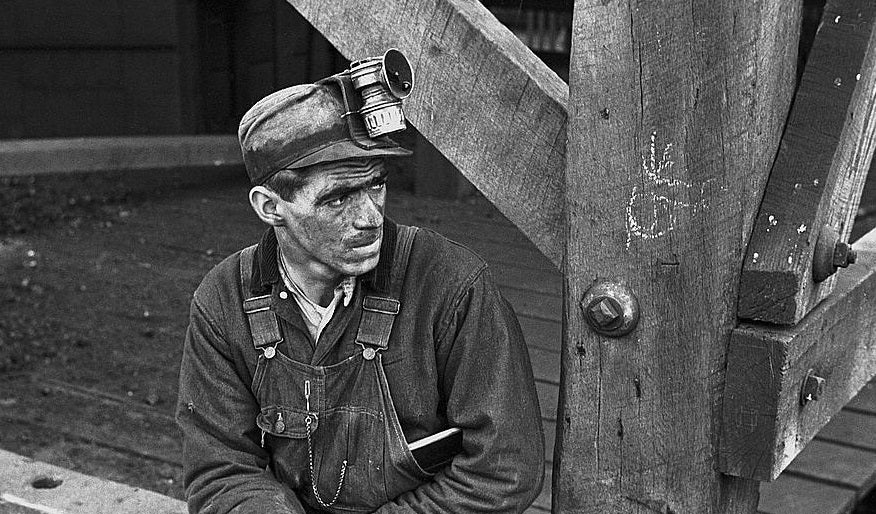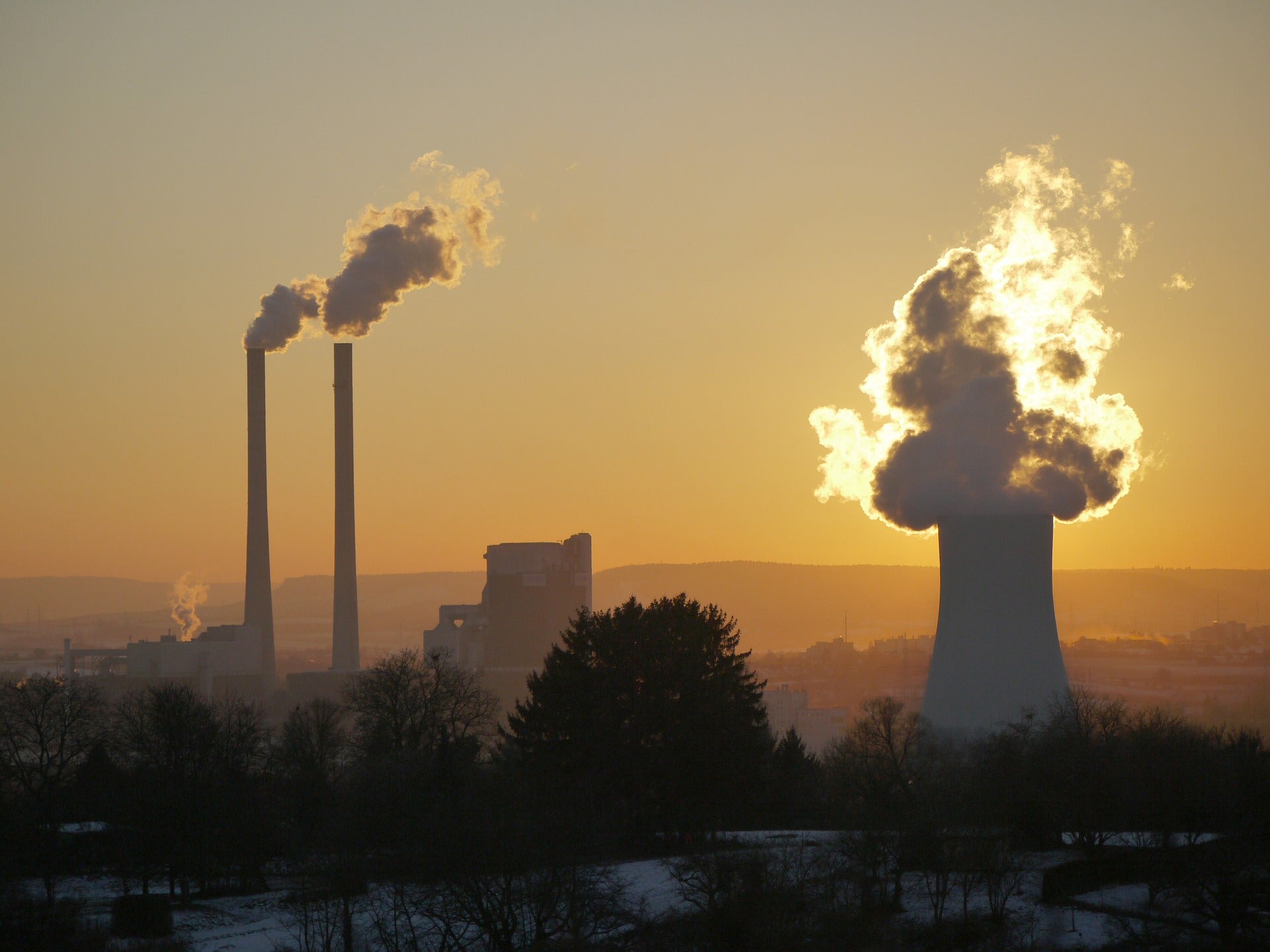
Federal labor policies are critical for ensuring a fair energy transition
This fourth report in a joint research series by Environmental Defense Fund and Resources for the Future examines U.S. federal labor programs and policies that can support fossil fuel workers through the energy transition. Wesley Look, Molly Robertson, and Dan Propp of RFF and Jake Higdon of EDF contributed to the report described in this blog post.
At the core of the energy transition challenge is helping impacted workers find and secure new, family-sustaining job opportunities. Colorado’s efforts to support coal workers in transition provides a key example of the kind of labor policies needed — but are all too often absent. When Colorado passed a landmark climate bill in 2019, which requires the state to cut statewide emissions in half by 2030 and 90% by 2050, it also established the nation’s first Office of Just Transition to support the more than 2,000 workers in coal mines and coal-fired power plants and the communities that rely on them.
Xcel Energy, the largest operator of coal-fired electricity generation in Colorado and a company with its own reduction targets, has contributed to the Office’s early plans. One Xcel power plant, the Hayden Generating Station, will close ahead of schedule, and the company is collaborating with an International Brotherhood of Electrical Workers (IBEW) local union to provide retraining or retirement for the full workforce at the facility. While there is much more to do to fulfill the promise of the Office of Just Transition, this is an encouraging sign, even as many advocates for energy transition continue to push the utility and the state to move faster.
Unfortunately, across the U.S., workforce development efforts like those at the Hayden Generating Station are more the exception than the rule.
Today, the overwhelming majority of U.S. power plant and mine closures occur with very little proactive planning or training to ensure workers can find new, high-quality, local jobs. It doesn’t have to be that way. As the energy transition accelerates, driven by low-cost clean energy and an urgent need to tackle the climate crisis, federal policy can help fossil fuel workers access workforce development services and can ensure strong labor protections. These policies can guarantee a stronger baseline of support for workers, while complementing locally-tailored solutions that are community-led like those underway in Colorado.
The fourth report in our research series on fairness for fossil fuel workers and communities provides policymakers with an overview of relevant labor policy at the federal level. In our analysis, we divide this category into (1) workforce development policies, including career services, job training, financial support, research and ancillary services such as childcare; and (2) labor standards to ensure fair compensation and benefits, unionization, occupational safety and transition assistance.
Key insights
Our review of these programs and research into their effectiveness yields a number of insights into how federal labor policy can be utilized to ensure a fair transition to a clean economy. Here are four key takeaways from the report:
- Given the complex nature of the workforce development system, it is essential to provide a central and accessible hub of resources and ensure effective coordination across government levels and agencies. Creating an integrated, “one-stop” hub for workers where the federal government pools resources, known as centralized service delivery, is a key feature of major existing U.S. workforce development programs, like the network of local American Job Centers operated by the Department of Labor. Workforce development programs should be coordinated with other education and economic development efforts to ensure that program participants—especially workers in transition—can easily access the many programs designed to help them.
- Tailoring and targeting workforce training programs can improve outcomes for workers in transition. The literature suggests that workforce training programs are more successful when they are tailored to the specific needs of local economies, rely on local partnerships, and involve local stakeholders in decision-making. Likewise, targeting workforce training to specific populations can enable more effective delivery of federal resources to the communities that need it. While some argue against targeting in other contexts, because it can be difficult to identify the cause of worker displacement, fossil fuel workers can be identified fairly easily. Workforce programs offered by the Appalachian Regional Commission, a development partnership between the federal government and 13 states that supports economic growth in Appalachia, are a fairly successful example of geographic targeting and tailoring through local partnerships.
- Supplemental, or “wrap-around,” supports that are offered alongside workforce development programs, such as child care for workers in career training, may be especially important conditions for success. These services can reduce barriers to accessing workforce development programs and improve their effectiveness, making it more likely that displaced fossil fuel workers get the resources they need to find new, high-quality jobs.
- Federal labor standards are critical in a just transition — not only to provide immediate protections for workers, but also to undergird a resilient economy and ensure new job opportunities are of high quality. There is extensive literature showing that labor standards promote economic productivity and growth, and can help economies avoid and recover from economic shocks. Some labor standards that may be particularly critical in a just transition context include WARN, which requires advance warning before termination; COBRA, which provides bridge health care benefits; and OSHA, which protects workers against workplace hazards. Additionally, compensation standards, such as Davis-Bacon, and labor agreements could help ensure that new jobs are quality jobs.
What’s next?
Delivering workforce development support and labor protections for fossil fuel workers in transition is one of several categories of policy solutions we cover in our series on the shift to a clean economy. In the coming months, we will publish additional case studies on communities in transition, as well as a report synthesizing lessons learned across all policy types. EDF’s aim is to complement the work that groups like Just Transition Fund and BlueGreen Alliance have been leading in this space, by sharing useful insights on existing policies and programs designed to deliver on the promise of fairness for fossil fuel workers and communities. As the U.S. accelerates the clean energy transition under the Biden-Harris administration this work becomes increasingly vital.
Read the full federal labor policies report here.
Learn more about this series here.













